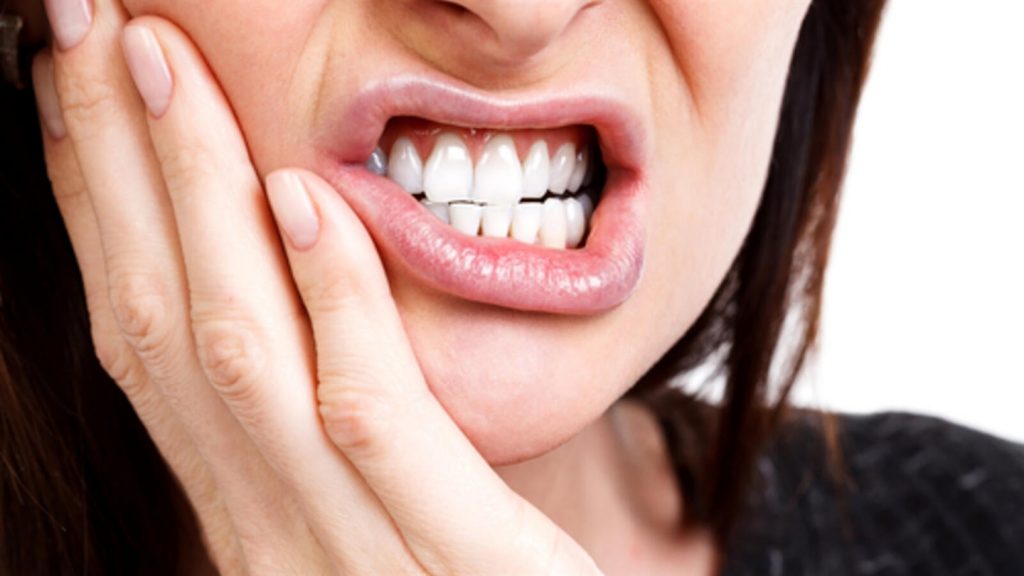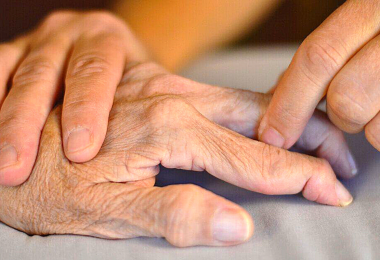A healthy body is inseparable from a healthy mouth, because teeth and gums are an integral part of the body. Today, despite bleeding gums during brushing or bad breath (halitosis), almost 89% of French people still feel healthy. 50% of adults in France have gum disease, which is too high. This is what dentist Dr. Christophe Lequart explained. He also pointed out that following certain regulations from an early age is likely to have good oral health. This is his suggestion.
Dental problems are rarely inherited
Are your parents having teeth or bad teeth? Have your grandparents lost their teeth? It is completely uncertain that you will suffer the same fate! The reason for their illness is definitely the lack of oral hygiene.
Even if the genetic or unfavorable environment in some people may be beneficial for oral diseases (caries, gingivitis, periodontitis…), most of us can effectively prevent these pathological phenomena that are still common in France appear.
Brush your teeth…from a very young age
The purpose of brushing your teeth is to remove plaque made up of food debris, saliva and bacteria. These plaque secrete acids that attack the enamel and weaken the gums of the gums. Plaque is responsible for the formation of tartar and the development of two major oral diseases, tooth decay and periodontal disease.
Any teeth, even young children, will rot. Lactose is a sugar in milk that has cariogenic properties and can promote tooth decay.
-From the age of 6 months old, wash the gums and teeth with a compressed substance soaked in water once a day.
-From 1 year old, brush your teeth every night at bedtime with a toothbrush without toothpaste.
-At the age of 2 years, you need to brush your teeth twice a day, every morning and 2 minutes at night, use a fluoride toothpaste suitable for children (<500 ppm or 500 mg fluoride/100 g toothpaste).
Children under -6 years old can brush their teeth with a soft toothbrush and adult toothpaste suitable for their age.
-A soft toothbrush should also be used in adulthood, which is more effective in the interdental space.
In order to remove residues left in areas that the toothbrush cannot reach, it is recommended to use a brush in a larger space and floss in a narrow space.
-From the age of 5, it is recommended to use an electric toothbrush because it is more effective than manual brushing.
How to brush your teeth well?
Until 6 years old, adults must accompany their children to brush their teeth.
Brushing should last 2 minutes or more. In France, brushing teeth can last an average of 57 seconds, which is too little.
Change the toothbrush every 3 months.
In France, we use 1.7 toothbrushes and 3 toothpastes instead of 4 on average every year, which is still too few!
Eat healthy 4 times a day and stop eating!
Good food hygiene is closely related to good oral health.
Therefore, food should be banned. Watch out for hidden sugar in industrial food. Potato chips, appetizer cakes, soda water, even soda water, fruit juices, seasonings, etc., may contain a lot of sugar. When consumed between meals, it will promote acid secretion, demineralize minerals and erode tooth enamel. Not to mention the sweets and cakes that should be eaten in moderation. Foods with high acidity (citrus fruits, especially soft drinks) should also be avoided.
See the dentist regularly from 1 year old.
The 1-year-old child must be checked for the first time to inform parents of the need for good oral hygiene.
It is recommended to have a dentist examination once a year, or immediately after symptoms appear.
Only 16% of parents brought their 1-year-old child to the dentist, and 31% of parents waited until the age of 6 to take their child to the first consultation.
Only 9% of French people think they should go to the dentist if they have gum pain or bleeding. These habits must be changed!
keep improving
Studies on children aged 6 and 12 years showed that 80% of them had no dental caries, but 20% were severely affected. The main reason is poor food hygiene, and food snacks that are too high in fat and sweetness are the main reasons.
Various public policies tend to encourage French people to take better care of their oral health by providing consultation without providing advance payment, free appointments for young people and pregnant women, etc.




